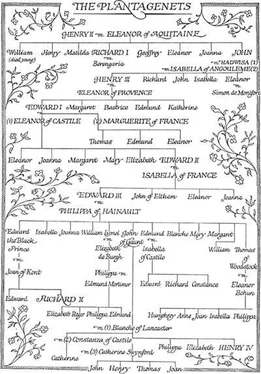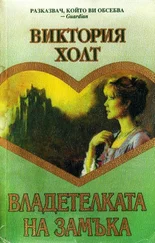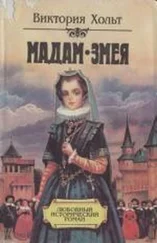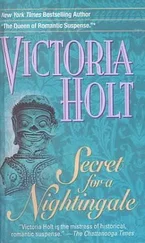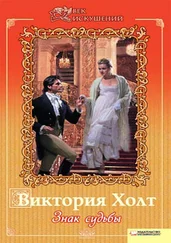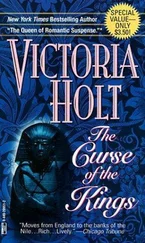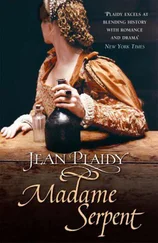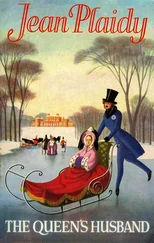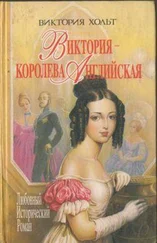Jean Plaidy
Passage to Pontefract

Chapter I
THE BIRTH OF THE BOYS
London was in a festive mood on that glorious May day. There was little the citizens liked better than a royal occasion and this promised to be one of the most splendid the capital had ever seen. The King loved display – the more magnificent the better. It was one of his endearing qualities. A weakness perhaps but a lovable one indulged in by a man who was said to be the greatest warrior in Christendom and whose reputation was as illustrious as that of his grandfather, great Edward, the first of that name.
Three days earlier the King’s son – he who was known as John of Gaunt because he had been born to Edward and good Queen Philippa in the Flemish town of Ghent and the English despising foreign tongues found Gaunt came more easily to the tongue than Ghent – had in Reading been married to Blanche, the daughter of the Duke of Lancaster.
All would agree that the union of two handsome young people was a matter for celebration, particularly as they were both royal, for Blanche was descended from the Plantagenet tree even as John was; and the parents of both bride and groom were revered throughout the country.
Henry of Lancaster, the bride’s father, was known in England – and in Europe too – as Good Duke Henry, the perfect knight. He was chivalrous at all times, generous to his enemies, loyal to his friends, a deeply religious man, and his grandfather had been Edmund the second, son of Henry the Third.
As for the bridegroom’s parents, they were beloved by the people as few monarchs had been before them. Their subjects must be proud of this tall handsome King whom many said was the image of his grandfather and only slightly less tall than that Edward Longshanks whose reputation had been enhanced by memory. This Edward had all the Plantagenet good looks – the abundant fair hair, the straight nose, the flashing blue eyes, the fine physique. Moreover he had brought stability to the country and such was his popularity that it had been forgotten that the glories of Crécy and Poitiers had been paid for not only with blood but with taxes wrung from the people, and that the acquisition of the throne of France was no nearer than it had been at the beginning of the war. He had married Philippa of Hainault of whose benevolence the people had been made aware and even in his marriage he had shown his good sense. Philippa might be over plump and show signs of continuous childbearing and be scarcely a beauty, but her fresh rosiness was comely and her expression one of gentle goodwill. She had on several occasions been known to plead with the King to show mercy, for he like most of his race was possessed of a temper which could be violent when provoked; and for this quality she had been deeply respected. She was womanly; she was virtuous; and she was known as Good Queen Philippa.
Their devotion to each other had been an example to the nation, and if there had been rumours of late that the King was not quite the faithful husband it had, in the past, been generally believed he was, such suggestions were forgotten when the royal pair appeared together.
London was delighted with its ruler; and all wise rulers knew that the approval of the capital city was essential to their security. Yes, they loved this King who could give a good account of himself in the jousts in which he so liked to indulge, and they enjoyed seeing him glittering with the jewels with which he so loved to adorn his handsome person.
Not only had he restored the prestige to England which it had lost during the previous disastrous reign of his weak effeminate father, he had sired sons – all handsome – and the eldest, as was fitting, was one whose fame had spread far and wide and already showed signs of being as great as his father and grandfather – another Edward, known throughout the country as the Black Prince.
So on this occasion of the marriage of the King’s son, London determined to honour its sovereign. There was noise and bustle everywhere. From the gables of the houses women chatted to each other, discussing the merits of the bride and groom. People crowded into the streets; they lived most of their lives out of doors when the weather permitted, for they liked to escape from the closed-in darkness of the little houses huddled closely together, and regarded them only as shelters against the cold and places in which to eat and sleep. Celebrations such as this one made the highlights of their lives.
May Day had just passed. Then they had danced round the maypole welcoming the summer; they had decorated it with the wild flowers growing outside the city walls by the Strand which connected the City of London with Westminster and where lay the houses of the nobility, their gardens lapped by the river – the City’s great highway along which craft of many descriptions plied back and forth at all hours of the day and night. They had festooned their doorways with flowers; and had even hung little glass lamps among the blossoms. After dark the effect had enchanted all who beheld it.
That was May Day. But this was an even greater occasion, for it had been announced that there was to be a great joust and that champions had come forward to hold London against all challengers. There was an air of mystery about this for none knew who those champions were; but all declared that there had never been, nor ever would be, a celebration to match this which honoured the marriage of the King’s son, John of Gaunt, to the Lady Blanche of Lancaster, daughter of Good Duke Henry.
The pavilions were being erected. In these the knights would don their armour and await the summons to come forth and fight. Some were glorious indeed, made of silk and velvet; but the mystery was stressed because on the grandest of these pavilions there were no mottoes, no shield of arms to identify those who would occupy them. This reminded the people that the defenders of London were the mysterious knights who had come forward to serve the City at this glorious time.
Stands were being erected for the nobility. It would be a glorious sight. The King would be present. A royal occasion indeed. It was no wonder that hours before the tournament was due to begin people should be converging on the City. From Clerkenwell and Holborn they came, from St John’s Wood and Hampstead. They slept in the meadows of Marylebone and dabbled their feet in the Paddington brooks.
Even the sombre Tower, that grim Norman fortress, brooding over the scene seemed less menacing on this day and no one thought of the dark deeds which had gone on behind those grey walls. Rather they looked towards Westminster and the magnificent Savoy Palace on the Strand. The Savoy was the home of Duke Henry now and had passed through the hands of many owners; it had been built by the notorious Simon de Montfort who had married King Henry’s sister and had come near to ruling England himself. But when he had been subdued King Henry the Third had presented the house to his wife’s uncle Peter, the Earl of Savoy, and it had been known as the Savoy ever since. He in his turn gave it to a priory and it was from this priory that Queen Eleanor had bought it as a suitable residence for her second son Edmund, Earl of Lancaster and that was how it had come into the family.
Close to the City but outside its walls the joust would be held and already the people were waiting there. Cheeky apprentices, like boys let out of school, were chatting to the milkmaids; ploughmen, prelates, merchants – men and women of all ranks – had come to see the pageantry.
Читать дальше
